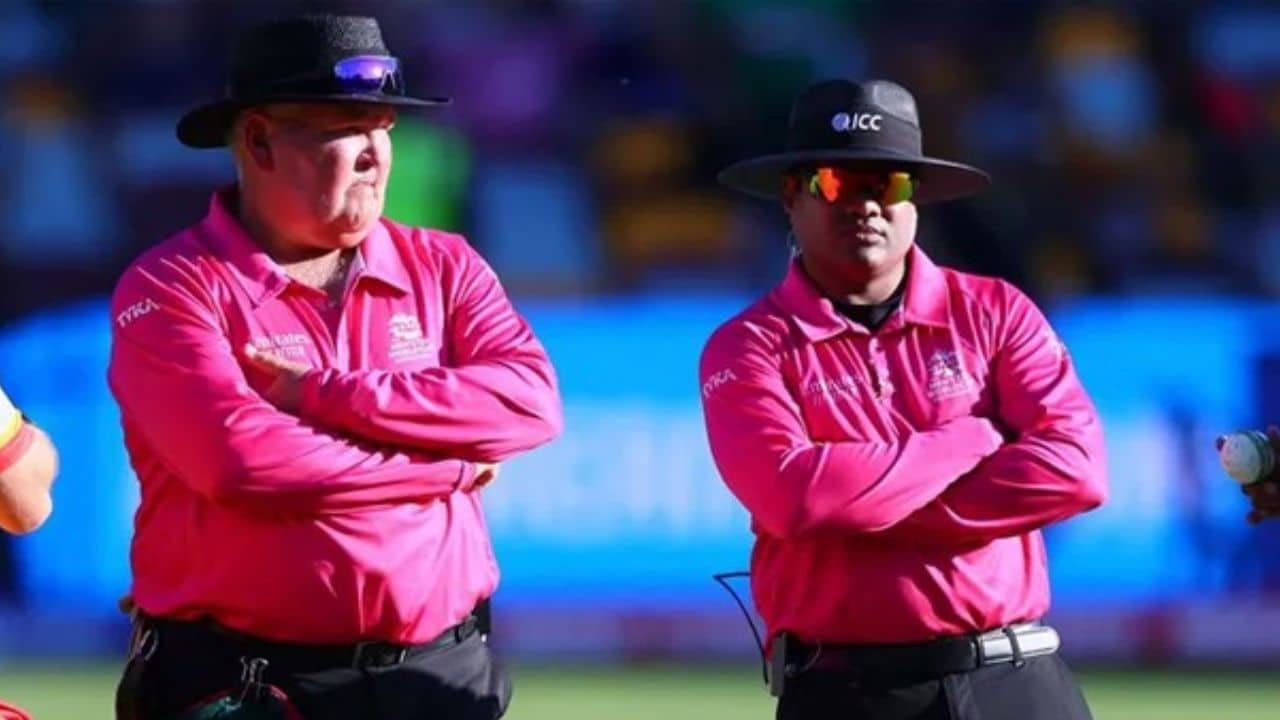Stumping rules in cricket explained as BAN vs ZIM game witnessed the unprecedented no-ball drama and know when is a batsman not given out for a stump out
During the 2022 T20 World Cup Group 2 match between Bangladesh and Zimbabwe on Sunday, fans were left perplexed as they witnessed unprecedented drama, with Zimbabwe players being recalled after the game’s final ball was ruled a no-ball. After defeating the men in green, Zimbabwe came dangerously close to upsetting Bangladesh next.
No Ball Wicket-Keeper Stump Out Cricket Rules Explained After Drama Rocks BAN vs ZIM T20 World Cup Match
Zimbabwe came close to defeating the Bangla Tigers but ultimately fell short by three runs. However, as the game neared its conclusion, supporters were left perplexed. At first, it appeared that Bangladesh had won the match by four runs. Umpires on the field eventually called back Zimbabwe batters due to the no-ball awarded under unusual circumstances.
Why did umpires recall the Zimbabwe batters back on the pitch?
What a match! 🥵
Bangladesh emerge victorious after a thrilling clash against Zimbabwe!#T20WorldCup | #BANvZIM | 📝https://t.co/Qi8dhfgeEW pic.twitter.com/qayCpqXi0y
— ICC (@ICC) October 30, 2022
On the last ball, Blessing Muzarabani stepped out of the crease in an effort to hit the ball for a boundary, but he missed the ball and was stumped. The drama surrounding the no-ball starts here.
The umpires reviewed the replay, though, and discovered that Bangladesh wicket-keeper Nurul Hasan had taken the ball just before the stumps. After lengthy deliberation, the third umpire declared Muzarabani not out and declared the delivery to be a no-ball, allowing Zimbabwe another chance to win the match. But what are the stumping rules in cricket?
MCC Laws for the dismissal via stumping in cricket
According to MCC Laws 27.3.1, the wicket-keeper must remain entirely behind the wicket at the striker’s end from the time the ball enters play until a ball thrown by the bowler hits the striker’s bat or person, passes the wicket at the striker’s end, or the striker makes a run. In this situation, Gaffaney discovered Hasan had grabbed the ball before it reached the wicket, resulting in a no-ball being rightly declared by presiding umpire Marais Erasmus in accordance with Law 27.3.2.
According to MCC Laws 27.3.2, “In the case of the wicketkeeper contravening this Law, the striker’s end umpire shall call and indicate No ball as soon as applicable following the delivery of the ball.”
After Erasmus called a no-ball, the players were recalled to the field with one more run added to Zimbabwe’s total and four runs needed to win. The batting side also received a free hit.



